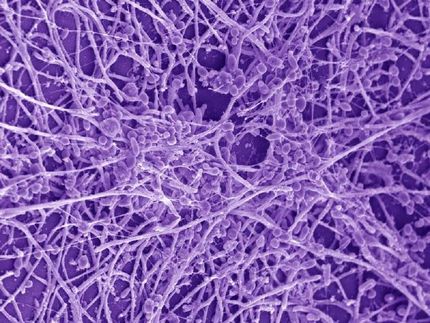‘Seaweed drug’ helps fight off infection
Alginates found in seaweed can combat multi-drug resistant infections
Advertisement
Researchers at Cardiff University have worked with Norwegian biopharmaceutical company AlgiPharmato improve antibiotics. A team led by the School of Dentistry’s Professor David Thomas showed how alginates, found in seaweed, could disrupt the formation of microbial biofilms.

bluebudgie; pixabay.com; CC0
They have also develop a new inhalation therapy being tested on cystic fibrosis patients. It helps clear mucus obstructions in the lungs and potentially slow the progression of the disease. If trials prove successful, it could be used in other more common respiratory diseases such as Chronic Obstructive Pulmonary Disease, which is reported to affect over one million people in the UK. The studies are also paving the way towards improved treatment of chronic non-healing skin wounds and fighting organisms that cause conditions such as gum disease.
Professor Thomas said: “Our research allowed us to derive material from the natural world with powerful abilities to modify bacterial behaviour, making them more susceptible to antibiotic treatment, and to improve the properties of mucus in patients with lung disease. These findings are being applied to the development of alternative treatment approaches for challenging and hard-to-treat diseases.”
The project began with a small grant from AlgiPharma in 2007 for exploratory microbiology studies, but developed into a nine-year collaboration between the University’s Advanced Therapies Group (ATG), AlgiPharma and Cardiff & Vale University Health Board. The ATG’s collaborative network helped attract researchers with expertise in specialist areas, paving the way for human clinical studies across the EU and Scandinavia.
The project has continued to attract significant research funding, produced a large volume of leading academic papers and received national and international awards. Phil Rye, R&D Director at AlgiPharma, said: “The collaboration has enabled us to make significant advances in the development of a new drug, which is now in human clinical studies, and has recently been included in the US Cystic Fibrosis Foundation drug development pipeline.”























































